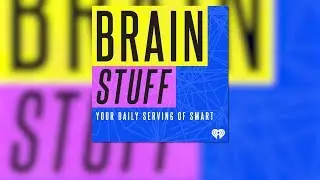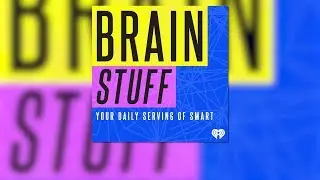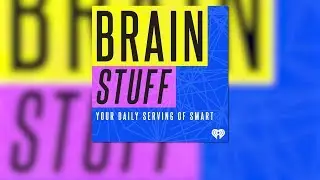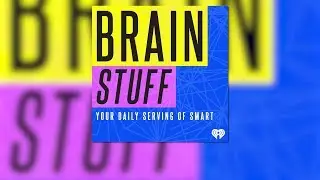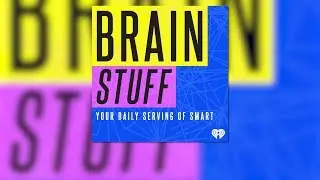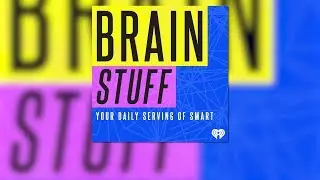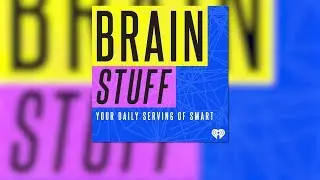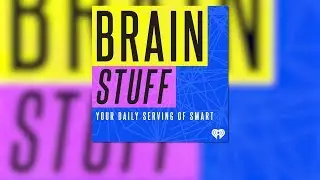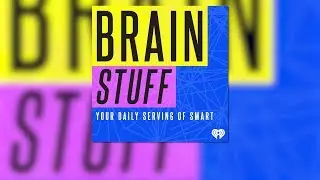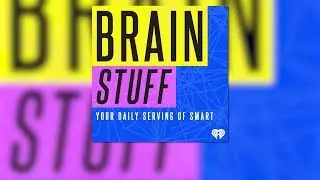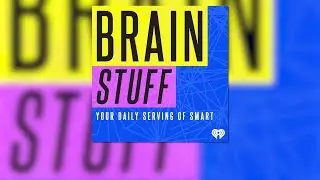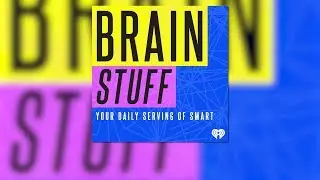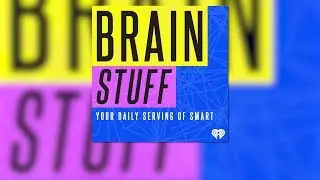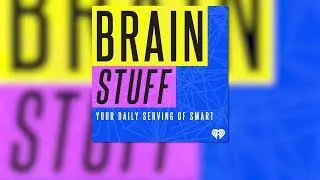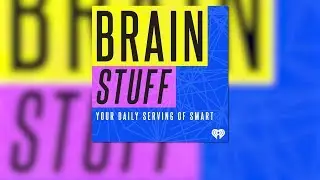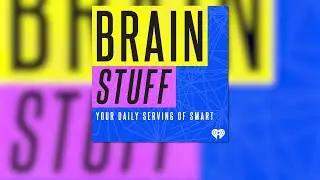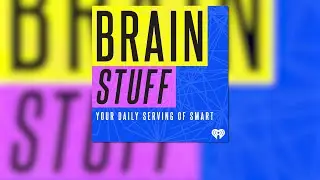Can Computers Read Your Mind?
Nowadays it’s not unusual for a search engine to autofill search terms, for streaming music services to suggest new music based on your past preferences, and for advertisers to automatically target you for specific products. But how far can this practice go? Is it possible that one day a computer could read your mind?
Learn more at HowStuffWorks.com:
http://computer.howstuffworks.com/min...
Share on Facebook: https://goo.gl/ERX2XF
Share on Twitter: https://goo.gl/EL1SxL
Subscribe: http://goo.gl/ZYI7Gt
Visit our site: http://www.brainstuffshow.com
Hey everybody, welcome to BrainStuff. I’m Ben. And let’s start with a related question: How did you find this video? If you are on YouTube, then odds are it may have popped up as a suggested video based on something you watched earlier. We’re used to that nowadays. We’re used to computers using our past input as a predictor of future action. But today’s question is, what if computers could read your mind?
This is the strange part, right? Because the answer is they already can, sort of. It just depends on what we mean when we say ‘read one’s mind.’ We’re roughly talking about two different categories of things. One is the idea of predictive behavior. This could be something as simple as autofill when you’re typing in text or you’re searching on a computer. Because what it’s doing is it’s remembering the last time you typed that series of inputs, and it’s using that as a basis to predict your intentions this time.
But let’s talk about the second thing. The idea that an algorithm – a machine of some sort – could know what you want before you want it, or know instantaneously what’s going on in your head.
How close are we? Depending on how you feel about the future, we’re either amazingly close, or terrifyingly close – on a precipice.
In 2007, a study at the Max Planck Institute in Germany demonstrated this concept. They took a number of patients, and they attached electrodes to them, and they gave them fMRI to see what’s happening where in their brain, and see if they could correlate it to a cognitive action. Specifically, they went to the patients and they said, ‘We’re going to give you two sets of numbers. And before we give you these two sets of numbers, what we would like you to do is spend a few seconds thinking about whether you want to add them together or subtract them.’ And after this pause, they would show them the numbers.
It was clever of the scientists to do this because they were able to isolate and differentiate between two separate cognitive processes. First, the process of an intention to perform a future action. And then, the process of that action itself – in this case, basic arithmetic.
And what they found was that, as they were feeding this information about brain activity and about the mathematical performance into the software and algorithms, they were able to predict the intention of the patient with 70% accuracy. And granted, 70% accuracy is barely a passing grade if you’re in high school. But in the bleeding edge of science, it’s quite impressive.
And research continues today. A 2015 study in Albany by a fellow named Peter Brunner took us to a new horizon with this concept. They were able to create the first brain-to-text interface between a computer and a human mind.
They cut these people’s skulls open, and they attached electrodes directly to their brains. And then, they had these patients read stuff aloud. So, they would read things like The Gettysburg Address, a children’s story, maybe a JFK address. After the baseline had been established – after these patients had read this stuff aloud – they read silently. Based on this earlier input, the algorithm (the software) was able to translate the brain’s activity directly into text.
There are a couple of drawbacks with this, of course. Number one being that you have to have your head split open. Which I still think is pretty gross. And number two, of course, which is also important, being that the software’s lexicon (its vocabulary) leaves a lot to be desired. It doesn’t know every word, so there are some things it just can’t translate.
It is enormously difficult to explore all the possible implications of a direct link between a computer and a human mind. Let’s consider the massive benefits this could have for people with certain neurological problems, or with physical impairments. Let’s also consider the possibility for predictive behavior of crime. Is it possible, for instance, that you and I could end up living in a Minority Report style future, wherein our actions – good and bad – can be predicted with such a degree of fidelity that we can be arrested before those actions take place? Or indeed, before we are consciously aware that we would perform those actions?
While this sort of future is not inevitable yet, it is increasingly plausible with each coming year.
SOURCES:
Смотрите видео Can Computers Read Your Mind? онлайн, длительностью часов минут секунд в хорошем качестве, которое загружено на канал BrainStuff - HowStuffWorks 12 Май 2016. Делитесь ссылкой на видео в социальных сетях, чтобы ваши подписчики и друзья так же посмотрели это видео. Данный видеоклип посмотрели 40,229 раз и оно понравилось 619 посетителям.








